I want to sell my house, but I'll have a large tax bill if I do
As real estate agents we often hear this comment from folks who are thinking of selling. More often than not it's because they don't realize that the taxation regulations regarding primary residences, and also investment properties are quite favorable. I'll outline some of the regulations and how they may impact you, but for more complete details of how these work please contact your tax preparer or accountant who can guide you in the specifics of these regulations.
Primary Residence
Back in May 1997 the law changed with regard to the Capital Gains Tax Exemption for primary residences (Section 1034 of the Internal Revenue Code). Previously you could only use the capital gains tax exemption once in your lifetime - now, with the repeal of Section 1034 and the replacement with IRC Section 121, you can use the capital gains tax exemption of $250,000 for a single person, or $500,000 for a married couple filing jointly, every two years. This means that if your home has a capital gain of less than $500,000 (if married filing jointly) when you sell you will have no tax payable on this gain. If your home has a capital gain of more than $500,000 then only the capital gain over $500,000 is taxable. If you need to sell your home within the 2 year time frame from the date of purchase you may also qualify for the capital gains tax exemption dependent on your specific extenuating circumstances. You can also use the capital gains tax exemption if you have converted your primary residence into a rental property as long as you used it as your primary residence for a total of two years within the prior 5 years at the date of sale.
Investment Properties
When you sell an investment property you have the option of deferring the tax payable on the capital gain until a later time. This capital gains tax deferral is referred to as a '1031 Exchange' or a 'Starker Tax Deferred Exchange'. A 1031 Exchange is simply a method where an investment property can be exchanged for another investment property without having to pay federal taxes on the transaction. The federal taxes that would have been payable are 'deferred' (not recognized) during this transaction but will be recognized when the acquired property is then sold or disposed of in a taxable transaction. There are certain scenarios where the tax that has been deferred over several prior transactions becomes not payable at all, such as death of the investor and the heirs receiving the property at its 'stepped up' value(fair market value) or conversion of the investment property to a primary residence(special requirements apply), among others.

Some of the major points which need to be considered are:
After the fact:
You cannot have the sale of your investment property be part of a 1031 Tax Deferred Exchange after the fact. You cannot have gone to the closing table and transferred title and have money change hands for you to take advantage of this IRC section 1031 regulation.
Qualified Intermediary (QI):
A Qualified Intermediary needs to be involved in the 1031 Tax Deferred exchange. The QI handles the transaction for the seller (taxpayer) for a fee. The QI receives title for the relinquished property (the one being sold), transfers the title to the buyer and receives the proceeds of the sale in trust for the seller while the seller purchases a replacement property. At no time should the seller receive any money from the transaction (commonly referred to as 'boot') or this money becomes taxable.
Like-kind:
To qualify for 1031 Tax Deferred Exchange treatment the relinquished property must have been used for productive use in a trade or business or for investment and if such property is exchanged solely for property of like-kind which is to be held either for use in a trade or business or for investment. This means that a single family home held for rental purposes is 'like-kind' to a multi-family rental property or an office building and vice versa. Like- kind means similar in nature or character, regardless of differences in quality or grade. Raw land is like-kind to a two-family that is being rented - they are both being held primarily for their incremental increase in value.
Equal or greater value:
For the proceeds of the sale transaction to be eligible to participate in the 1031 Tax Deferred Exchange the replacement property has to be of equal or greater value than the relinquished property and all of the taxpayer's equity or more must be used in acquiring the replacement property.
One to Many, or Many to One, or Many to Many:
There is no requirement as to whether it is just one property that is relinquished and one replaced or whether there are multiple properties relinquished and replaced with multiple properties but the rule of Equal or Greater Value still applies. If you sell a large apartment building and replace it with several single family rental units the total fair market value of the replacement properties needs to be more than the fair market value of the apartment building. Of more important consideration when considering multiple properties as part of the one transaction is the Time Limits for identification and replacement.
Time Limits:
There are some very important dates that need to be adhered to to ensure that the proceeds of the transaction are considered tax deferred under the 1031 Tax Deferred Exchange regulations. The taxpayer has 45 days to identify up to 3 replacement properties from the date of sale by the QI to the buyer of the relinquished property. There are other identification rules that apply but the most commonly referred to is the 3-property rule. The taxpayer then has 180 days from the date of sale to the buyer to close on one of the identified properties.
In summary, there are many options available to home owners when considering selling their homes if one of their major concerns is the capital gains tax liability of the sale.
If you'd like a personal explanation of how this works please don't hesitate to call or email me. I would be more than happy to elaborate further, or you could contact your tax preparer or accountant for more specific information.
If you have any questions about any of this then please don't hesitate to reach out to one of us. We would be more than happy to help.






